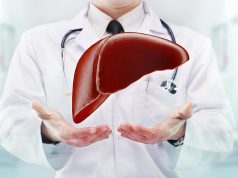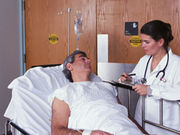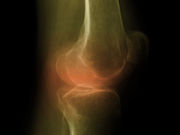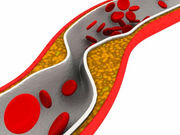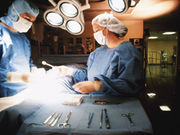Urgency, Incontinence Improve After Anterior Urethroplasty
Preoperative prevalences of 58 and 31 percent, respectively, decrease significantly postoperatively
Single-Incision Laparoscopic Appendectomy Preferable
Shorter hospital duration, return to activity versus three-incision laparoscopic appendectomy
Barriers Identified in Current Knee Osteoarthritis Care
Most frequently cited barriers were in domains of patient and health care professional
Ablative Fractional Laser Beneficial for C-Section Scars
Significant improvement in pliability and smoother in surface relief at one-month follow-up after AFXL
Guidelines Updated for Management of PAD
New guidelines emphasize importance of structured exercise program, tailored to individual patients
HR Capabilities Positively Linked to Quality of Patient Care
Three human resource practices identified that can improve clinical work behaviors
Better Teamwork Linked to Improved Outcomes for CABG
Health systems with higher teamwork levels have lower 60-day rates of ER visits, readmission, death
Guideline Adapted for Surgical Antimicrobial Prophylaxis
ADAPTE methodology was used to produce an adapted clinical practice guideline for SAP
Long-Term Health Not Improved for Childhood Cancer Survivors
Those treated in 1990s more likely to report pain and poor health as adults, researchers say
Five Strategies Can Reduce Risk of Medical Lawsuits
Strategies include documenting everything, being transparent with patients, showing empathy





